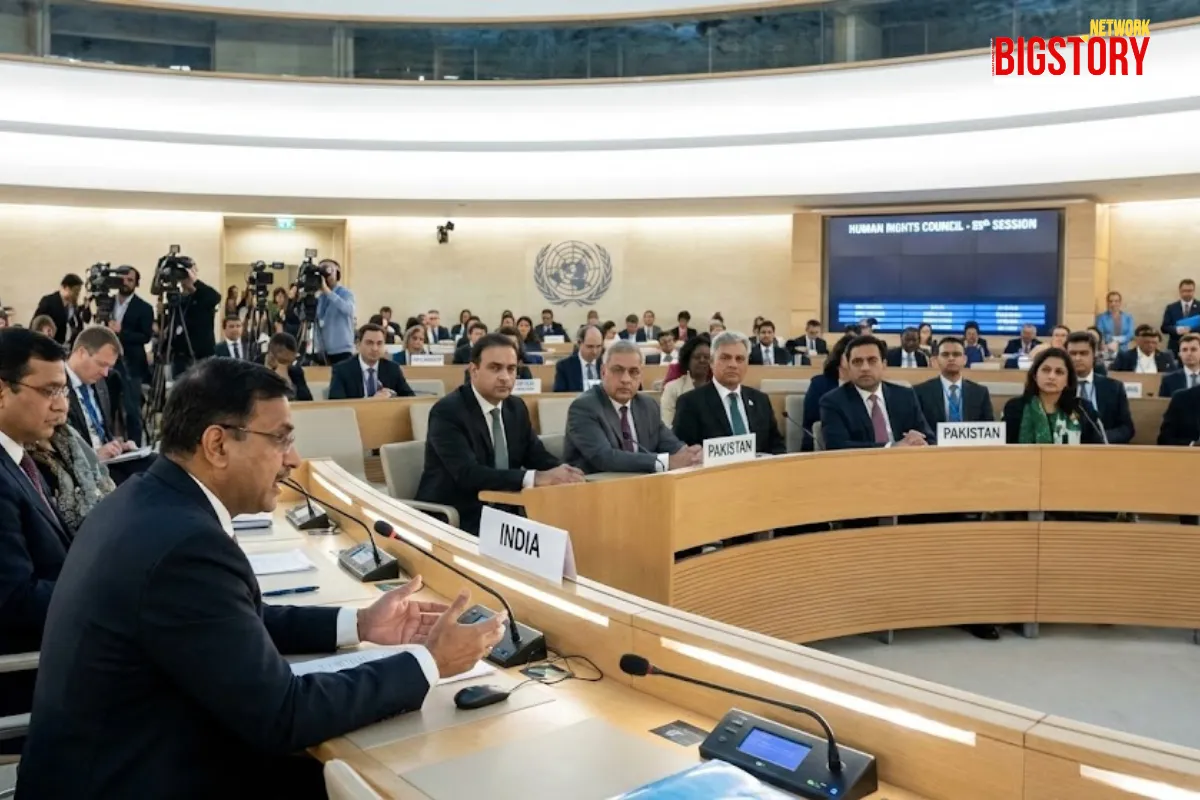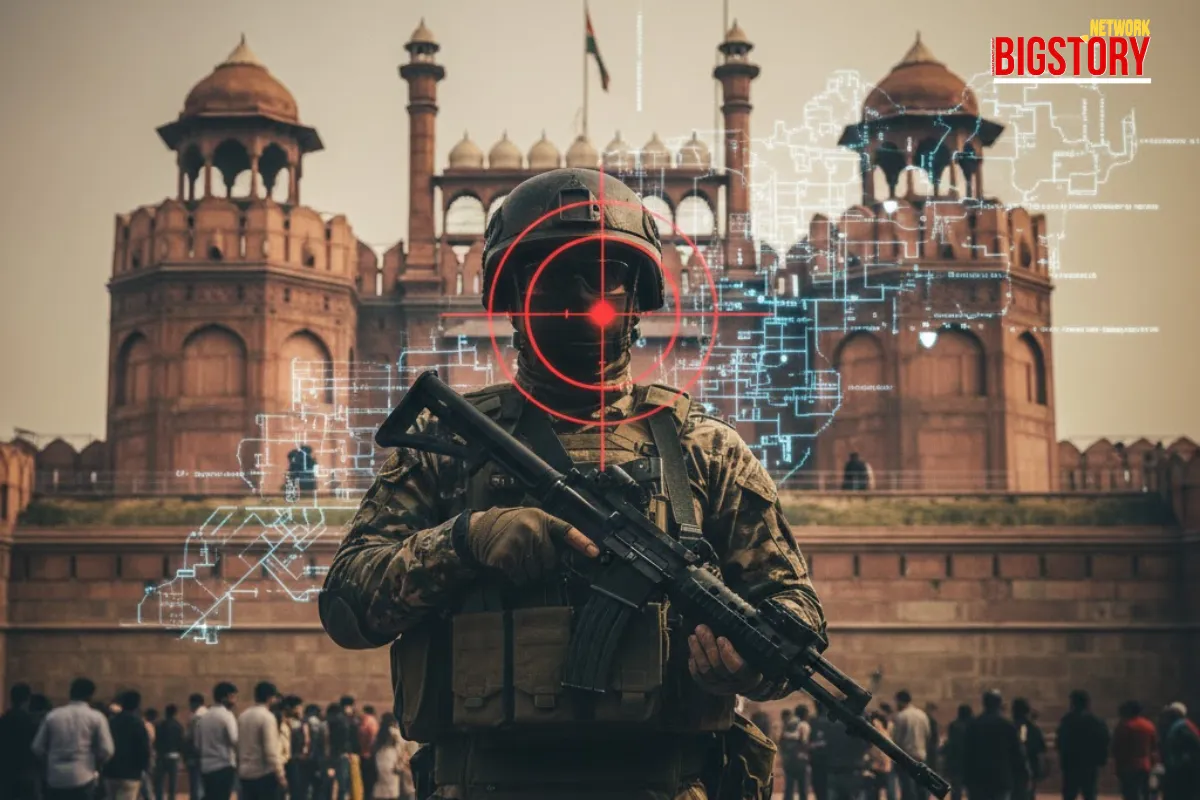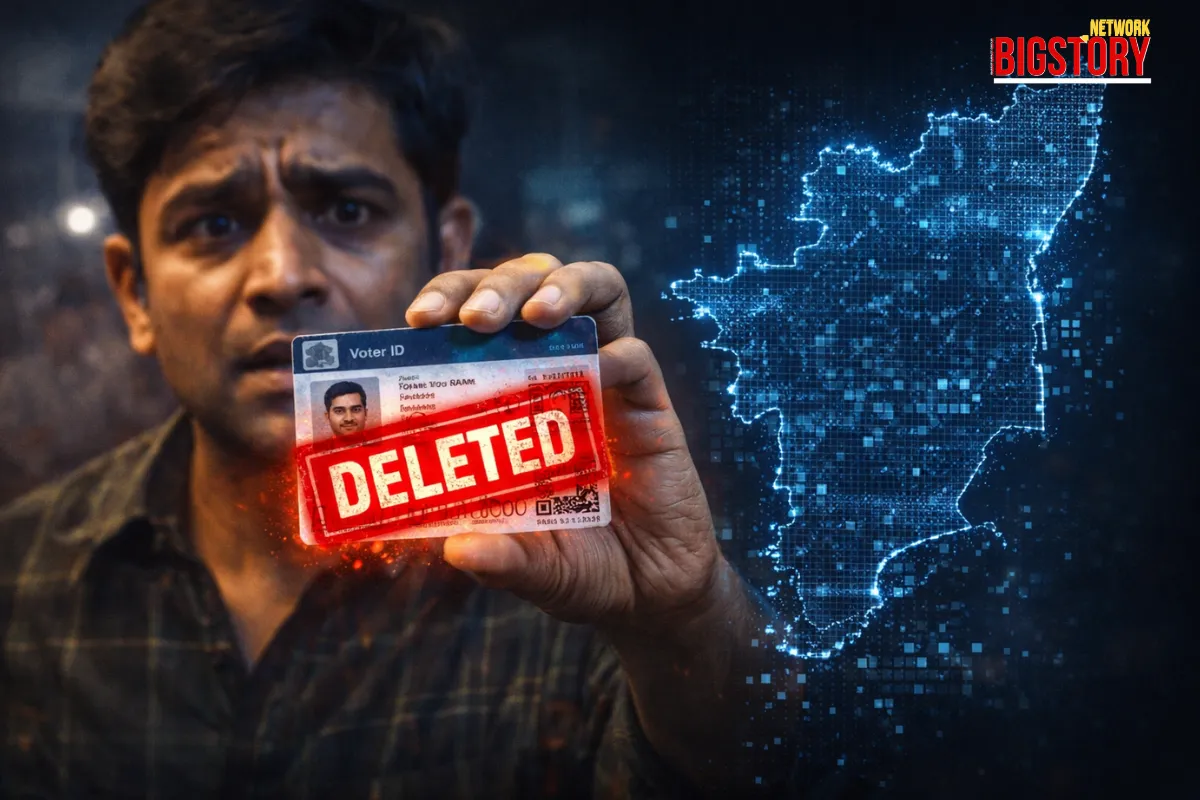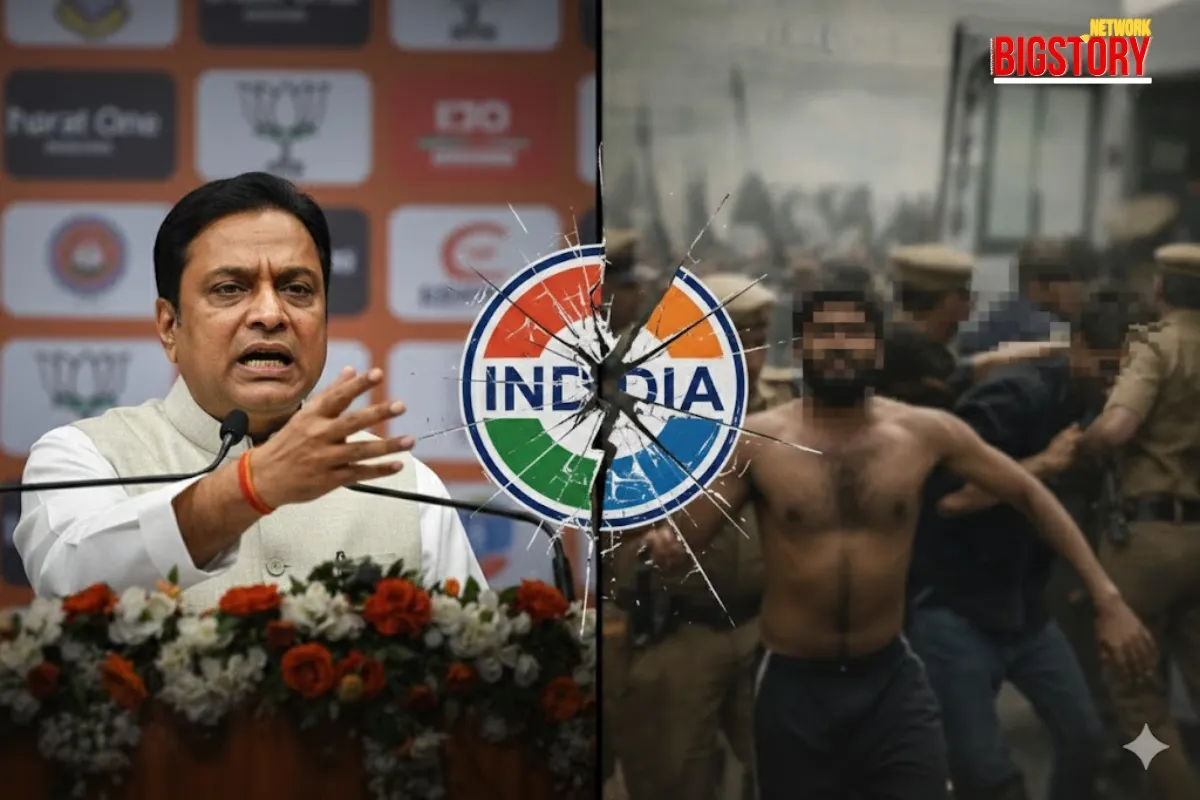Rahul Gandhi's Gen Z appeal to stop "vote theft" triggers BJP backlash, with Nepal protests fueling debate on youth and democracy in India.
 Brajesh Mishra
Brajesh Mishra
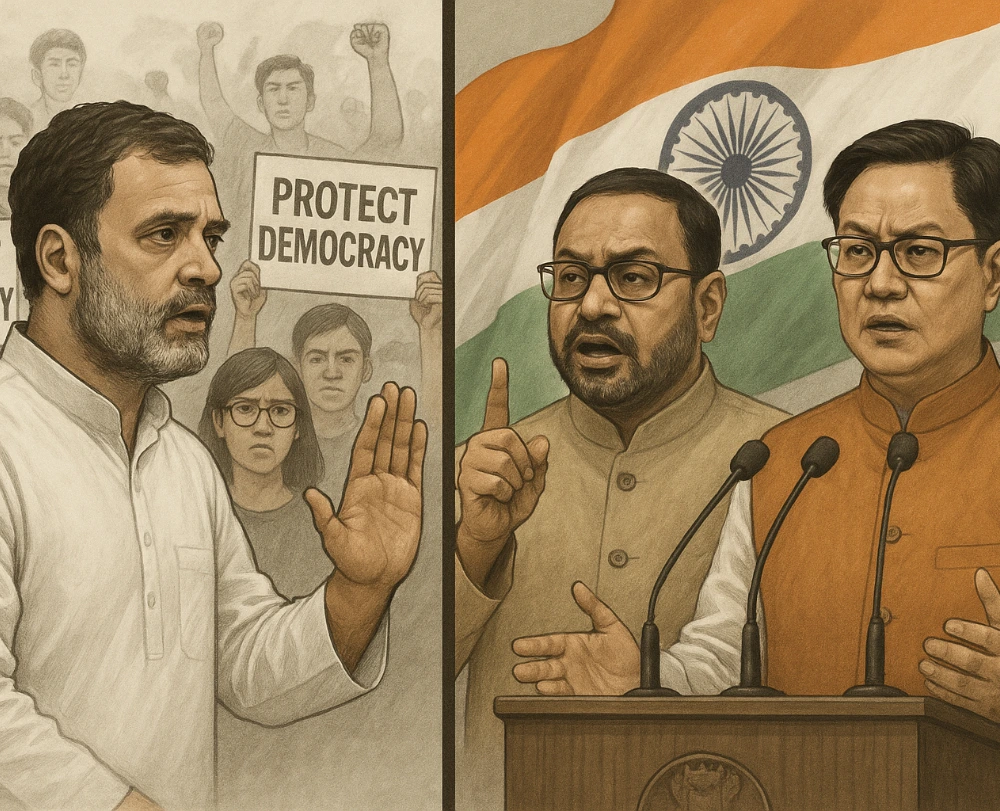
Congress MP Rahul Gandhi has launched a strongly worded appeal to India’s Gen Z, urging them—and the country’s students and youth—to take up the mantle of defending the Constitution, protecting democracy, and stopping what he calls “vote theft.” His remarks, delivered via social media and a press briefing, have sparked intense backlash from the BJP and raised questions about electoral integrity in key states.
At a press conference in New Delhi, Gandhi alleged mass irregularities in the electoral rolls in both Karnataka and Maharashtra.
In the evening of 18th Sept. 2025 , Rahul Gandhi posted on X:
“The country’s youth, the country’s students, the country’s Gen Z will save the Constitution, protect democracy, and stop vote theft. I will always stand with them.”
He invoked recent youth-led protests in Nepal, where Gen Z played a central role in toppling the government, as a point of comparison.
Q1. What did Rahul Gandhi say to Gen Z?
Rahul Gandhi appealed to India’s Gen Z and students on September 18, 2025, to “save the Constitution, protect democracy and stop vote theft,” following allegations of mass voter deletions.
Q2. What are Rahul Gandhi’s allegations about vote theft?
He claimed that over 6,000 voters were illegally deleted in Karnataka’s Aland constituency using centralized software, and alleged fake voters were added in Maharashtra’s Rajura constituency.
Q3. How did the Election Commission respond?
The Election Commission dismissed the allegations as “incorrect and baseless,” stating that no votes can be deleted online by the public and citing that Congress itself won the Aland seat in 2023.
Q4. Why did Rahul Gandhi reference Gen Z in Nepal?
He pointed to the Nepalese Gen Z protests in September 2025, where youth activists toppled Prime Minister K.P. Sharma Oli’s government, to emphasize the political power of youth movements.
Q5. How did the BJP react to Gandhi’s statement?
BJP MP Nishikant Dubey and Union Minister Kiren Rijiju accused Gandhi of trying to create “Nepal-style chaos.” They argued that Gen Z rejects dynastic politics and corruption, and instead supports PM Modi’s vision.
Q6. What is the political significance of this controversy?
The clash highlights the growing importance of Gen Z voters in shaping India’s democracy. Both BJP and Congress are attempting to capture youth sentiment ahead of upcoming elections.
Q7. Has voter deletion been proven?
So far, no independent evidence has been produced to substantiate Gandhi’s claims. The EC maintains that the process of voter roll revision is transparent and subject to checks and balances.

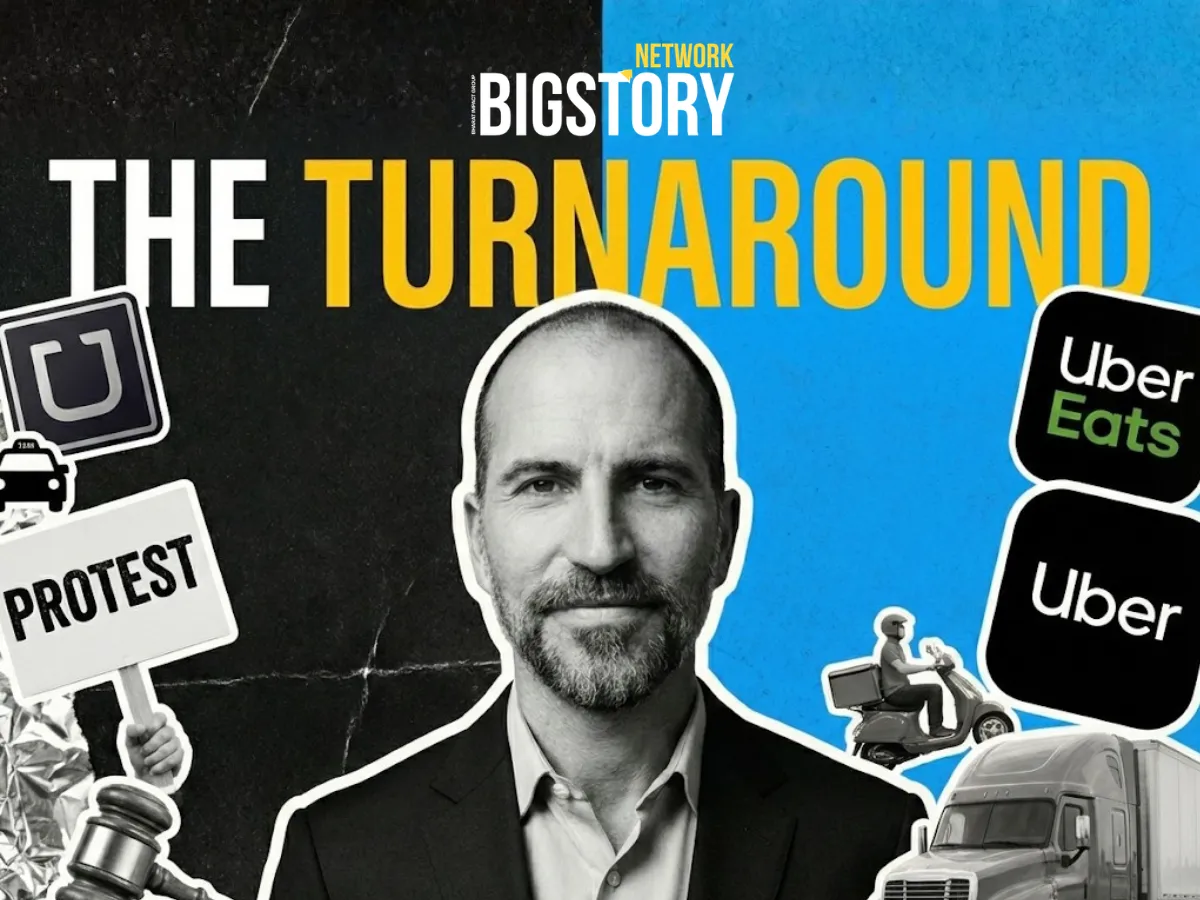

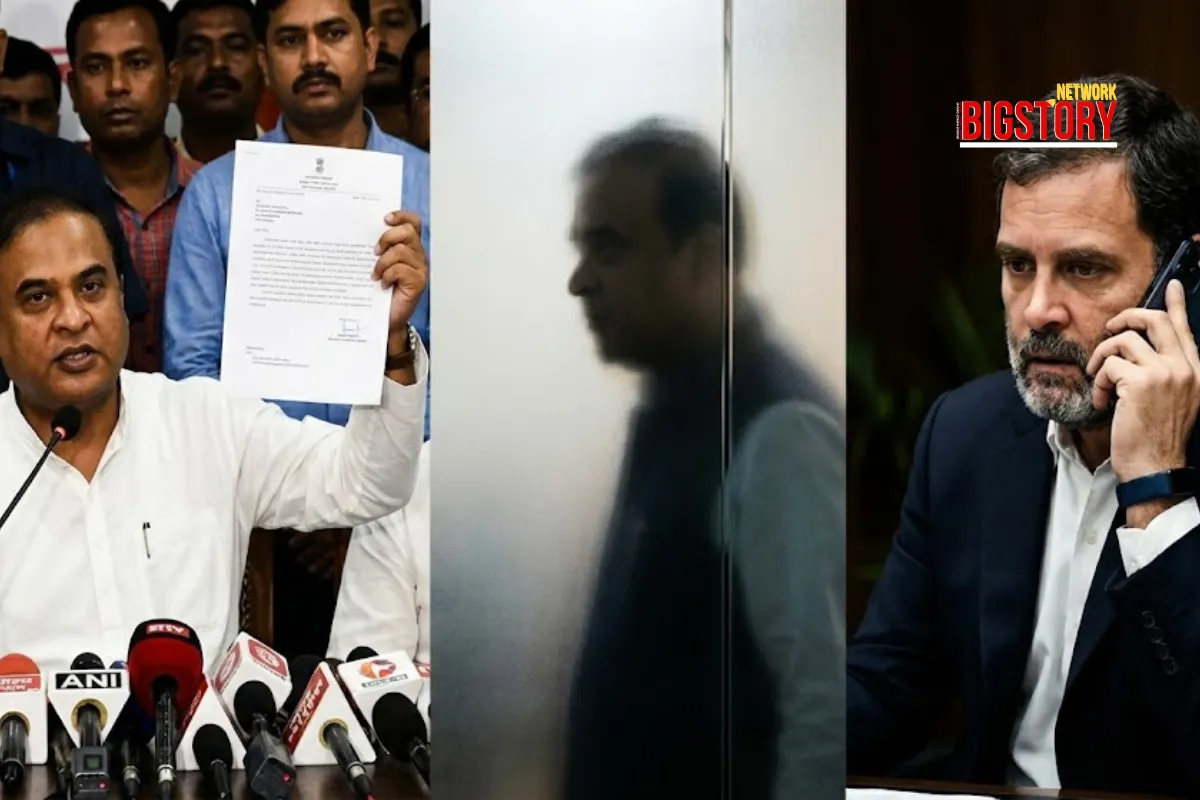

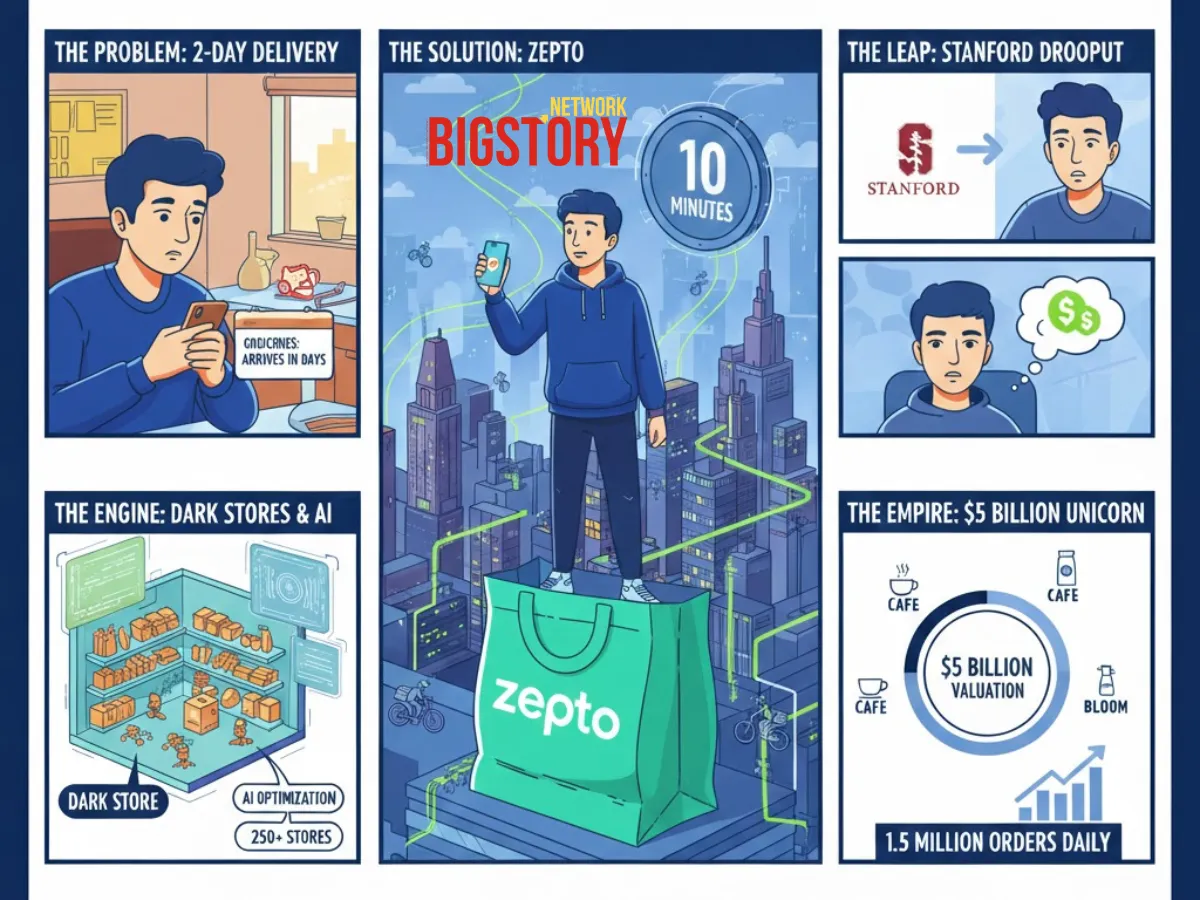
Sign up for the Daily newsletter to get your biggest stories, handpicked for you each day.
 Trending Now! in last 24hrs
Trending Now! in last 24hrs
